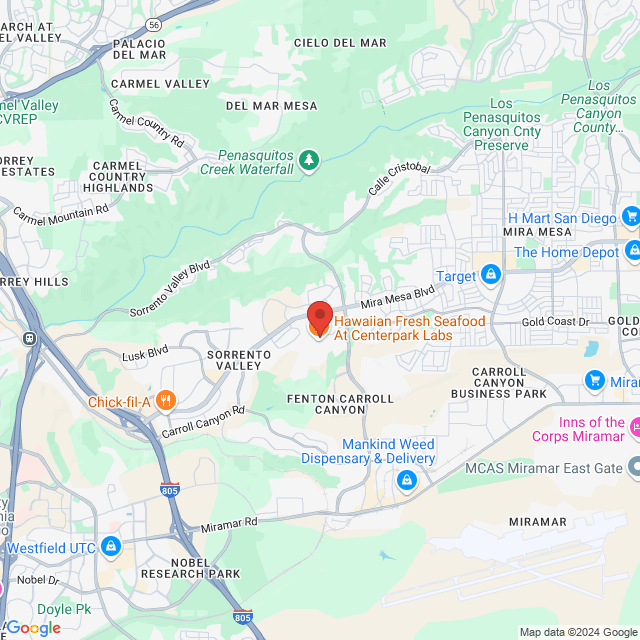DUI Evidence
While drunk driving is both illegal and dangerous, law enforcement still must follow strict guidelines when stopping a motorist for suspected drunk driving. In all cases, police must have probable cause to believe a driver is intoxicated before they can make a traffic stop. See below for additional information about DUI testing and evidence.
Erratic Driving
Erratic driving is a major component of probable cause for a DUI stop. It can include wide turns, weaving, swerving, straddling the center line, speeding, driving too slowly, drifting, headlights off, and other situations. If you feel you were stopped for drunk driving without probable cause, you should speak to DUI/DWI defense attorneys. The driving symptoms that most commonly occur as a result of being under the influence can be divided into four general types: inability to maintain proper lane position, speed and braking problems, lack of vigilance, and errors in judgment.
Failure to maintain proper lane position includes:
- Excessively wide turns
- Straddling a dividing line
- Drifting into another lane
- Weaving in between traffic
- Sudden swerves
Speed and braking problems may include:
- Driving considerably slower than traffic
- Braking or stopping without cause in traffic
- Failure to stop behind an intersection line
A lack of vigilance, or failure to pay attention to the surrounding conditions, may include:
- Slow responses
- Unwarranted or inconsistent signaling
- Striking or nearly striking an object
- Driving into oncoming or crossing traffic
- Driving at night without headlights
Errors in judgment may include:
- Abrupt or illegal turns (e.g. across another lane)
- Failing to maintain distance from the cars ahead
- General lack of concern for other vehicles
- Driving on an undesignated road
Individual Behavior
If you have been stopped for a suspected DUI, the police officer will look for additional signs that you may be intoxicated, such as slurred speech, bloodshot eyes, smell of alcohol in the vehicle, combative or argumentative behavior, stumbling or staggering while exiting the vehicle, etc. This may be used as evidence against you in the event of a DUI/DWI arrest; however, drunk driving defense attorneys can assist you with your case.
Incriminating Statements
Many people are not aware that they do not have to answer questions or make statements if stopped on suspicion of DUI. After giving the police officer your name, identification, and insurance documents, you should politely decline to answer any questions and request to speak to an attorney as soon as possible.
Field Sobriety Tests
Field sobriety tests are used by law enforcement as a means to gather additional DUI evidence against you. Considerable disagreement exists about the validity of these tests and DUI laws regarding field sobriety tests vary by state. You should know that you are not required to take any field sobriety tests if under suspicion of drunk driving. You should ask to contact DUI/DWI defense attorneys instead.
Blood Intoxication Testing
You should not refuse blood or breath testing if stopped for a possible DUI. Most states carry penalties for refusing breathalyzer or blood tests that can be nearly as intrusive and problematic as actual DUI penalties. Cooperate with any breath or blood testing requested after your drunk driving stop and ask to call DUI/DWI defense attorneys.
Talk to a DUI/DWI Attorney in Your Area
DUI convictions can have a serious impact on your future. Your freedom, mobility, social standing, and employment opportunities may all suffer if convicted of a DUI/DWI. You need an experienced drunk driving defense attorney to handle your case, fight for your rights, and minimize any DUI penalties.




